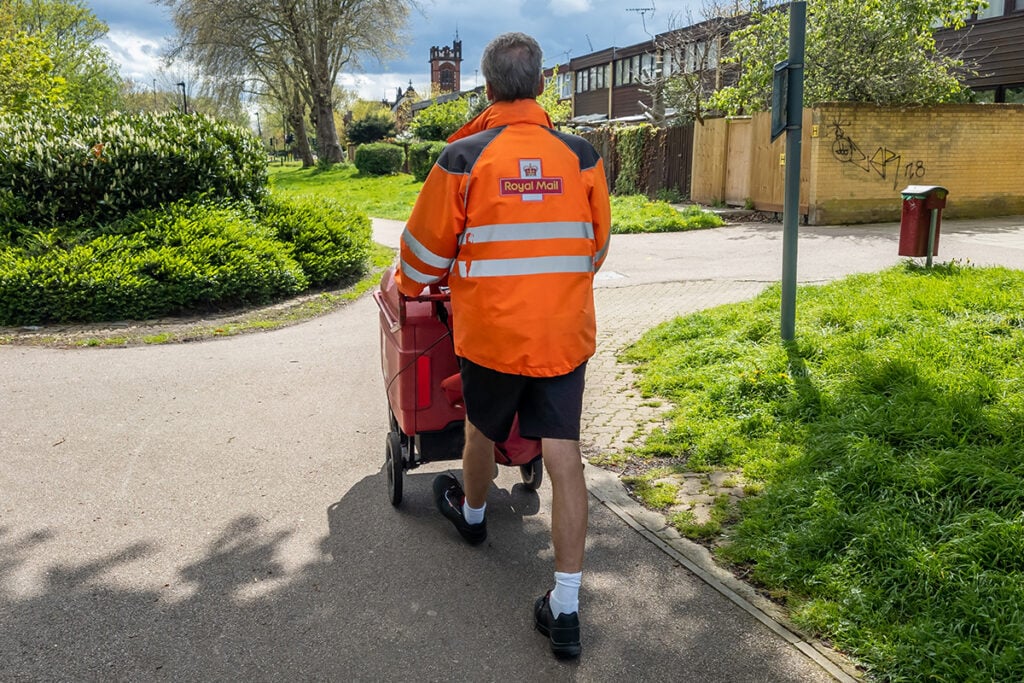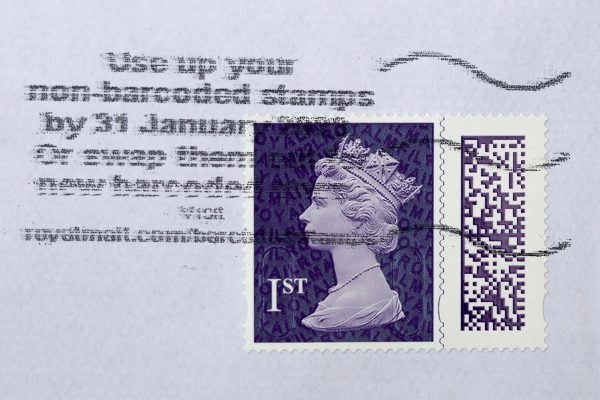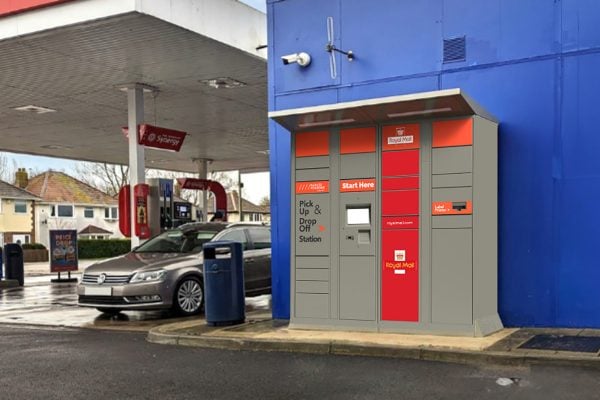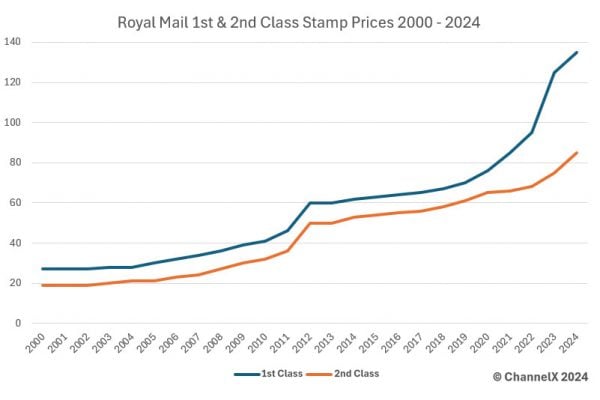The universal postal service risks becoming unsustainable as people send fewer letters and receive more parcels, meaning reform is necessary to secure its long-term future, according to evidence set out by Ofcom today.
In a nutshell, Ofcom seem to accept that Saturday letter deliveries have to go, but it’s possible that daily letter deliveries could be reduced to two days one week and three the next on an alternating pattern.
However, Kevin Hollinrake the postal services minister is on the record as saying Saturday deliveries have to stay as perhaps the most convenient delivery day of the week for many workers. He does however accept that a conversation about reforms is needed.
The big question is how this would impact ecommerce deliveries currently using letter or large letter formats, although a next day letter service priced somewhere between 1st Class and Special delivery has been suggested.
Universal Postal Service
Ofcom say that Postal services and postal workers remain essential to those who rely on them. Eight in 10 people (79%) say some things will always need to be sent by post. And three quarters of those who use postal services (74%) say they rely on the post for letters.
However, while Royal Mail’s obligations have not changed since 2011, letter volumes have halved and parcel deliveries have become increasingly important. Given the significant cost to Royal Mail of delivering the universal service, there is an increasing risk it will become financially and operationally unsustainable in the long term.
Given these challenges, Ofcom is today inviting views on a range of options for redesigning the universal postal service to secure its future, while ensuring it reflects the way people use it. Under any scenario, Royal Mail must modernise its network, become more efficient and improve its service levels.
At this stage, Ofcom are not consulting on specific proposals to change the universal service obligation (USO). Some of the options, which are detailed in full in their document, would require Government and Parliament to change primary legislation, while others could be made through changes to Ofcom regulations.
Changes mooted include:
- Reducing the current delivery frequency for letters: from a relatively modest reduction to 5 days a week, through to a significant reduction to 1 day a week.
- Some options also involve an alternate day delivery model. This is where different addresses receive regular deliveries on different set days of the week.
- For example, a 2.5 days a week delivery model would mean half of addresses receive USO letters on Monday, Wednesday and Friday on week one, and then switch to Tuesday and Thursday the next week, before reverting to a 3 day delivery pattern the week after. This means that each address would receive an average of 2.5 deliveries a week.
- A reduction of delivery As part of assessing this option Ofcom have assumed that they would maintain a requirement on Royal Mail to offer a next day product for letters. The expectation is that this could be managed in a similar manner as Special Delivery but without certain features such as insurance and priced above today’s First Class product but at a lower price than Special Delivery.
- if any changes were made to the minimum number of delivery days, it is likely that Ofcom would need to review their QoS framework to ensure that Royal Mail was sufficiently incentivised to deliver a high-quality and reliable service.
Capping Second Class stamp prices
Ofcom has also today published the conclusion of its review of Second Class safeguard caps.
To make sure the universal service remains affordable, Ofcom periodically reviews whether stamp prices should be capped. In doing so, we must consider the impact of any cap on the financial sustainability of the universal service. They set the last cap in 2019 and have reviewed prices for the period April 2024 to March 2027.
Royal Mail continues to be the UK’s only door-to-door deliverer of letters on a national scale. This means we cannot rely on competition to ensure prices remain affordable. So Ofcom have retained a safeguard cap on second class letters. On average, these prices can rise by no more than inflation (CPI) from today’s prices.









